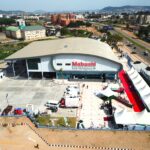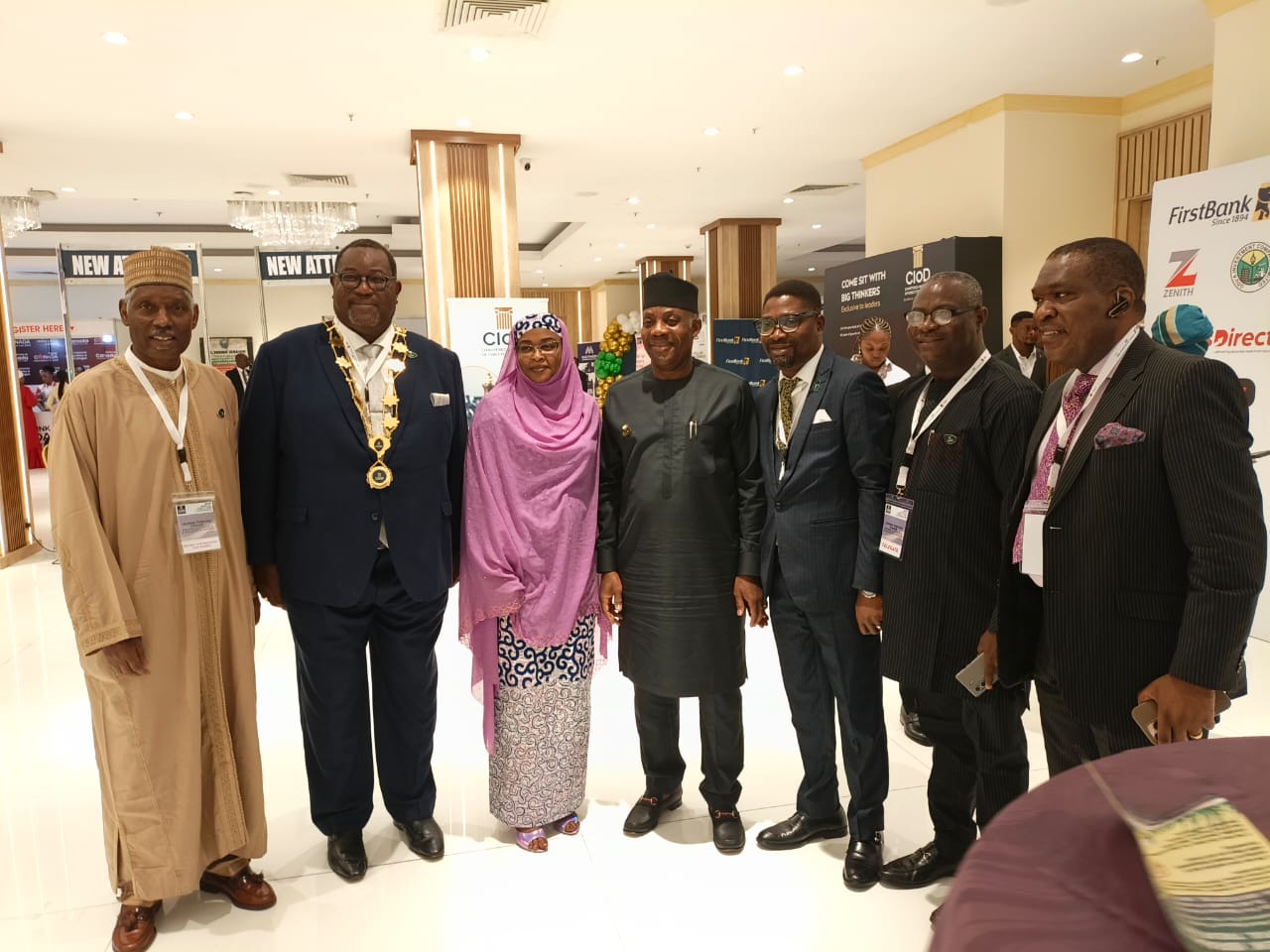By Rukayat Moisemhe
Experts have urged African corporate leaders to step beyond the boardroom to champion governance reform, inclusive investment, and innovation to drive sustainable national development.
They gave the advice during the two-day Chartered Institute of Directors (CIoD) Annual Directors Conference (ADC 2025) held on Thursday in Abuja.
The conference had as its theme: “Leading Through Change: Building Sustainable and Inclusive Enterprises”.
Managing Director of Sahara Power Group Ltd., Mr Kola Adesina, said corporate prosperity without national progress was meaningless.
He observed that while firms mastered growth, strategy, risk, and accountability, many communities still lacked power, jobs, and thriving enterprises.
According to him, a successful nation must align its priorities just as successful enterprises align with strategy, governance, innovation, and performance.
“Consider Singapore. At independence, it ran its nation like a corporation driven by efficiency, meritocracy, and measurable outcomes,” he said.
He added that through statutory boards and commercially managed state investments, Singapore made decisions with speed, clarity, and discipline.
“Nigeria and indeed Africa can do the same by applying corporate discipline to public purpose,” Adesina noted.
He stated that for Nigeria’s “stock price” to rise, the country’s balance sheet must be positive across governance, infrastructure, education, energy, trust, and transparency.
Adesina identified three priorities for sustainable transformation: championing smart regulation, promoting MSME inclusion, and building shared innovation ecosystems.
Director of Policy Advocacy, Nigerian Investment Promotion Commission (NIPC), Mr Abayomi Salami, called for stronger collaboration among stakeholders to drive sustainable investment growth.
He said Nigeria’s evolving investment landscape required better alignment of policy, capital, and people to achieve inclusive and sustained development.
According to him, stakeholder synergy is now a critical strategy as the nation positions for an investment-led decade amid global economic volatility.
“As Nigeria positions for an investment-led growth decade, aligning policy, capital, and people is our resilience strategy,” Salami stated.
He urged corporate boards to integrate stakeholder priorities early through foresight sessions, policy dialogues, and scenario planning.
Salami also advocated stakeholder-centric governance charters defining clear engagement among government, investors, communities, and employees.
He said the NIPC remained committed to assisting investors in overcoming challenges and connecting foreign investors with local partners.
According to him, the commission can also facilitate discussions with government agencies and provide vital information to support investment execution.
President of the Chartered Institute of Directors (CIoD), Mr Adetunji Oyebanji, said global organisations were navigating profound economic shifts.
He noted that leaders were now being called to balance profitability with responsibility, growth with inclusion, and innovation with integrity.
Oyebanji cited a 2025 study by Ofori, Dzisi, and Odoom showing that increased private sector credit improves welfare, especially where business conditions are supportive.
He called for an inclusive business strategy integrating vulnerable groups, especially women and youth, into renewable energy and fintech sectors.
“MSMEs, which contribute nearly 50 per cent of Nigeria’s GDP and 75 per cent of jobs, remain the backbone of inclusive growth,” he said.
Oyebanji noted that persistent issues such as policy inconsistency, poor infrastructure, and limited access to finance hinder progress.
He emphasised that addressing these challenges demands stronger public-private partnerships, capacity building, and innovative financing for inclusive enterprises. (NAN) (www.nannews.ng)
Edited by Kamal Tayo Oropo











